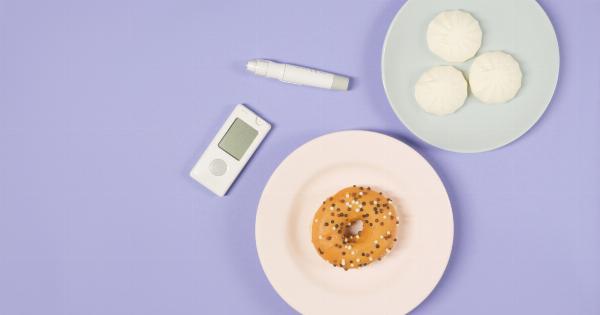Gymnastics requires a lot of energy, strength, and focus, making it important for gymnasts to fuel their bodies with the right nutrition.
However, eating before gymnastics can be a bit tricky since overeating or consuming the wrong type of food can lead to discomfort, fatigue, or even injury during training or competition. To help you make the best decisions when it comes to eating before gymnastics, we have gathered some tips from a specialist.
What to eat before gymnastics
The general rule of thumb is to consume a meal or snack that is high in carbohydrates and moderate in protein, fiber, and fat, as these nutrients provide immediate and sustained fuel to your muscles.
However, the timing and portion size of your pre-gymnastics meal depend on your individual needs and preferences, as well as the intensity and duration of your workout.
Timing
The ideal timing for eating before gymnastics is about 2-3 hours before your training or competition, as this allows enough time for digestion and absorption of nutrients.
However, if you do not have that much time or prefer to exercise in the morning, you can still have a light snack about 30-60 minutes prior to your session. Examples of light snacks include a banana, a granola bar, or a small smoothie.
Portion size
The amount of food you consume before gymnastics depends on factors like your age, gender, weight, and activity level, as well as the intensity and duration of your workout.
Generally, younger athletes require fewer calories than older athletes, and females require fewer calories than males. A good rule of thumb is to consume about 0.5-1 gram of carbohydrate per pound of body weight, and to avoid overeating or under-eating. Some examples of pre-gymnastics meals and snacks are:.
- Low-fat yogurt with granola and fruit
- Whole-grain toast with peanut butter and banana
- Oatmeal with milk, nuts, and berries
- Scrambled eggs with vegetables and whole-grain toast
- Chicken sandwich with whole-grain bread, lettuce, and tomato
Foods to avoid before gymnastics
While there are no specific foods that gymnasts should avoid altogether, there are certain types of food that may cause discomfort, bloating, or fatigue during gymnastics. These include:.
- Fatty or fried foods: These foods take longer to digest and can cause stomach upset or heartburn. Examples include pizza, burgers, fries, and chips.
- High-fiber foods: While fiber is important for digestion and bowel health, consuming too much fiber before gymnastics can lead to bloating, gas, or diarrhea. Examples include beans, lentils, broccoli, and cabbage.
- Sugary foods: While sugar provides quick energy, it can also cause a rapid rise and fall in blood sugar levels, leading to fatigue, dizziness, or mood swings. Examples include candy, soda, energy drinks, and pastries.
- Caffeinated foods and drinks: While caffeine can enhance mental alertness and physical performance, consuming too much caffeine can cause jitters, headaches, or dehydration. Examples include coffee, tea, chocolate, and some energy drinks.
Hydration
In addition to food, hydration is also crucial for gymnastics performance, as water helps regulate body temperature, transport nutrients, and lubricate joints.
It is recommended to drink water or sports drinks before and during gymnastics, especially if the training or competition lasts for more than an hour. Additionally, you should avoid consuming alcohol or sugary drinks before gymnastics, as these can lead to dehydration and poor performance.
Conclusion
Eating before gymnastics can be a balancing act between providing enough energy to perform at your best and avoiding discomfort or injury.
By following the tips above and listening to your body’s needs, you can find the best pre-gymnastics meal or snack that works for you. Remember to stay hydrated, avoid overeating or under-eating, and focus on fueling your body with nourishing foods.































